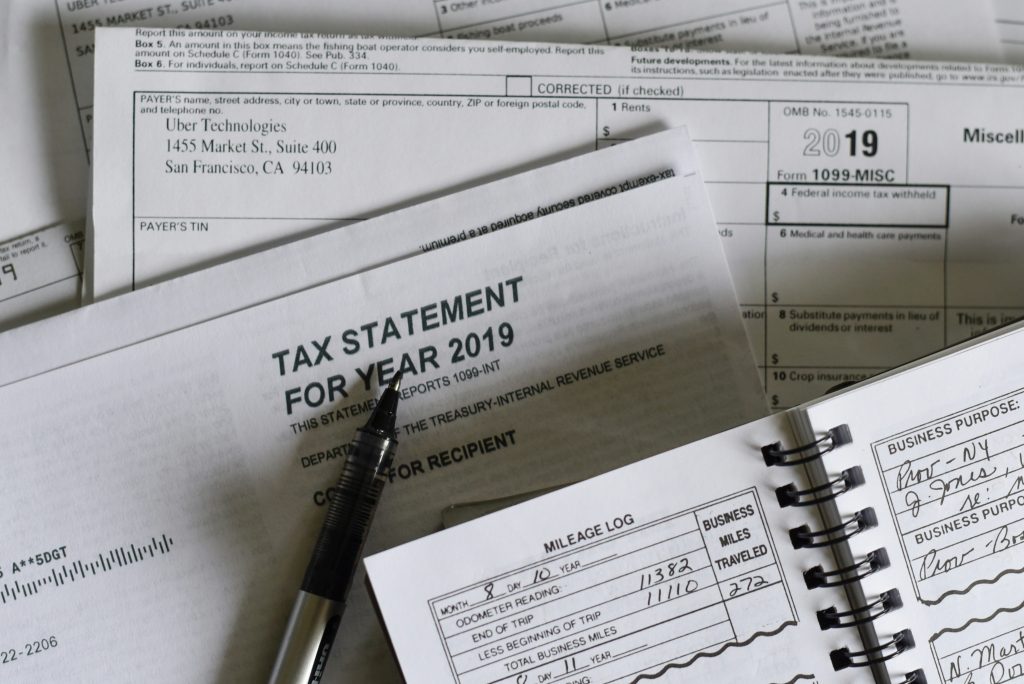
Unusually, there is no statutory definition of ‘ordinarily resident’, leaving it to the courts to establish relevant jurisprudence. A person is said to be ordinarily resident in the country of their most fixed or settled residence, or the country to where they would ‘return from their wanderings’, or the country of the usual or principal home.
If the ordinary residence test is not satisfied but the individual has been physically present in SA for more than 91 days, in aggregate, in the year of assessment and for more than 915 days, in aggregate, in the preceding five years, then the physical presence test is satisfied and the taxpayer is considered a resident. Should the taxpayer spend 330 continue days outside of South Africa they then cease to be a tax resident.
It should be noted that upon ceasing to be a tax resident of South Africa a deemed disposal of qualifying worldwide assets occurs, potentially triggering capital gains tax.

Capital Gains Tax
SA operates a capital gains tax regime. 40% of capital gains as calculated under the 8th Schedule of the Income Tax Act are included in taxable income resulting in a maximum effective rate of 18%. Non-residents are only taxed on capital gains from SA sources, but immovable property disposed of is subject to WHT of 7.5% as a provisional payment against any ultimate liability.
Individuals are entitled to annual exclusions of R40,000 for general capital gains, and R2m on disposal of a primary residence. The general exclusion increases to R300,000 in the year a taxpayer dies.
Dividends and Interest
Dividends are generally taxed at 20% via withholding tax, regardless of residency (but subject to the provisions of any tax treaties). The first R23,800 of local interest income is tax exempt (R34,500 for taxpayers 65 and older).
Foreign Employment Income
A South African resident who receives employment income for work performed outside of SA are exempt from tax on the first R1.25m of the employment income earned, provided they have spent at least 183 days outside of SA (including an unbroken period of 60 days). It is irrelevant whether the income is paid by a South African or foreign employer.
Tax Administration
The individual tax year runs from 01 March to 28 February the following year (29 February in the case of a leap year).
The date of filing each year is established annually by government notice and varies. Individuals earning only employment income below R500,000 do not need to submit a tax return.
Returns are filed via the online SARS eFiling system. SARS issues auto-assessments based on information received from 3rd parties such as employers and banks. Where the taxpayer is in agreement, no further action is required in the case of a refund. If there is a liability payment must be made before the given due date.
If the taxpayer disagrees with SARS they must file a tax return. Spouses/civil partners are taxed separately and must file separate returns if required.
Individuals earning non-remuneration income (e.g. from investment activities or carrying on a trade as a sole proprietor) must register as provisional taxpayers and make two provisional tax payments per year in August and February, based on estimated taxable income.
Building 4, Riverlands Mall Podium Level, 51 Gogosoa Street, Observatory, Cape Town 7935, South Africa
Baxter Building, Muiderstraat 1, 1011PZ Amsterdam, the Netherlands
Suite 2025, Unit 3A, 34-35 Hatton Garden, Holborn, London, EC1N 8DX, United Kingdom